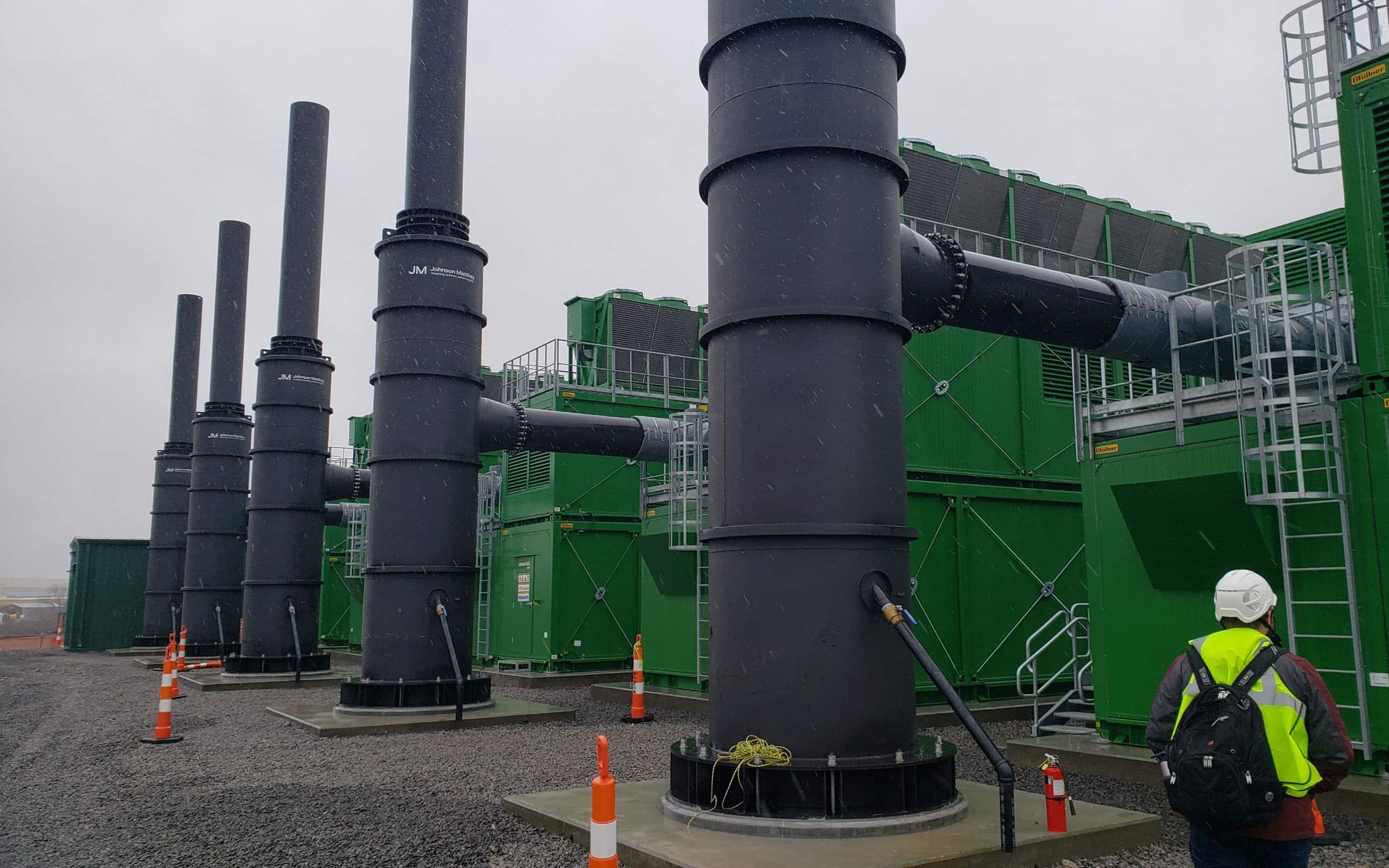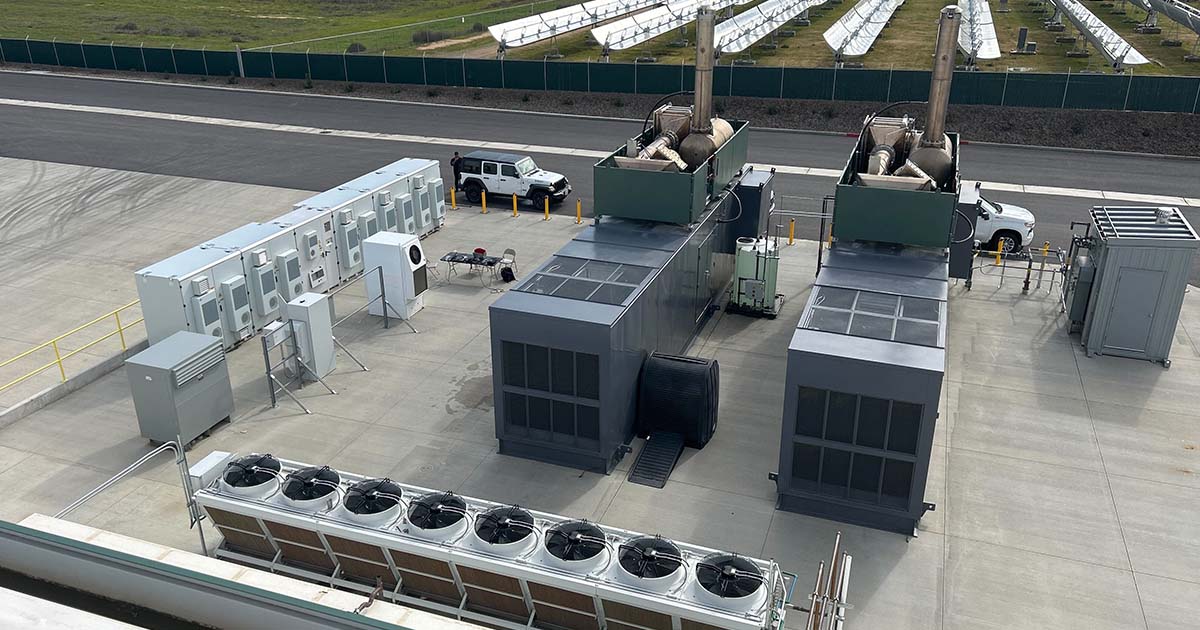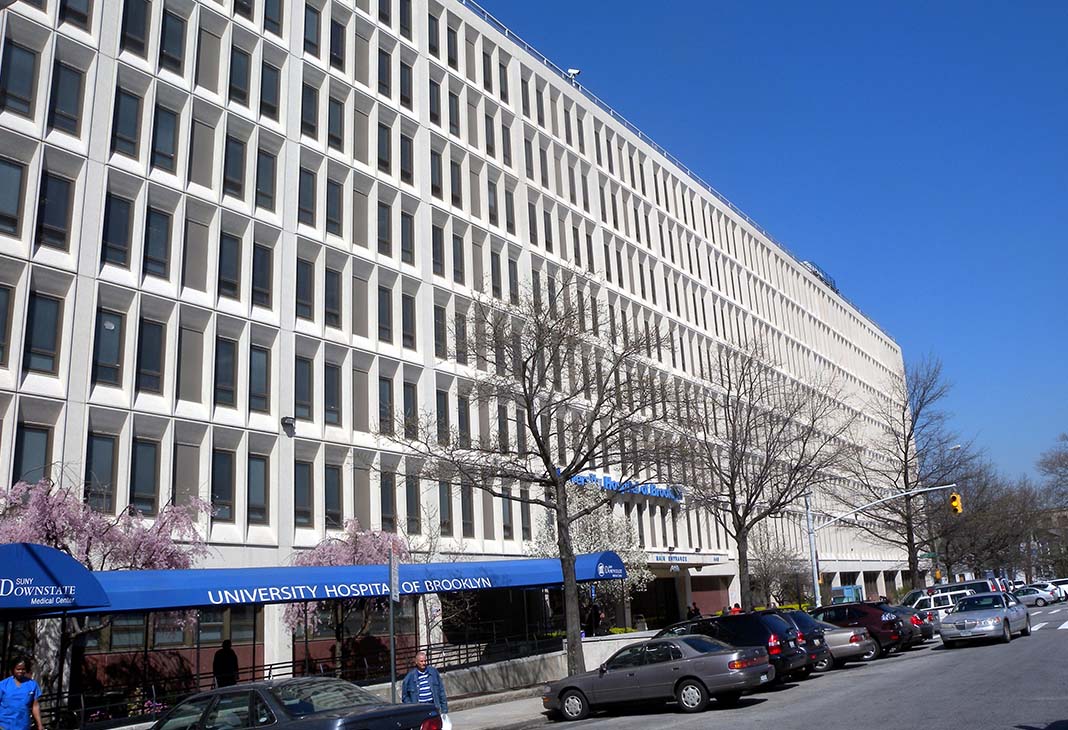Denver International Airport, Energy Master Plan, Low-Carbon Microgrid Assessment
The City of Denver and Denver International Airport (DEN) engaged in a strategic energy and sustainability master planning effort to establish a 20-year road map designed to lower costs, reduce carbon, and increase resilience.
Burns was hired to evaluate energy strategies to accomplish DEN’s goals specifically related to a potential low carbon microgrid.
Burns conducted site surveys and evaluated DEN’s electrical distribution system infrastructure to assess potential microgrid topologies and utility interconnection options. Burns also modeled various distributed energy resource technology options and configurations, and how to best provide power during emergency events to the airport’s central core, a possible future terminal expansion, and in the most comprehensive scenario, the entire airport. The evaluation considered the energy and economic value of the different microgrid configurations as well as constructability, impact on DEN operations, resilience benefits and carbon reductions.
The Full Airport Microgrid configuration was determined to provide the maximum benefit to the airport at the least cost. The business model developed leverages third-party capital and expertise through public private partnerships with established energy companies.
Central to the concept is a Hybrid Power Plant that combines large utility scale solar (30-40 MW) deployed on part of the 50 square miles of City-owned property surrounding the airport, and batteries to complement low emission base-loaded fuel cells and dispatchable natural gas-powered reciprocating engines. The project also envisions active engagement and participating with the Xcel Energy, the airport’s electric utility.
Location
Denver, CO
Client
Denver International Airport
Industry
Learn more about Burns' aviation solutions
AviationRelated Projects

Pittsburgh International Airport, Resilient Microgrid Project Support

Santa Fe Community College (SFCC), Campus Microgrid

Amond World, California Almond Storage Facility, Solar-Powered Microgrid

Hartsfield-Jackson Atlanta International Airport Preliminary Microgrid Feasibility Study

Philadelphia Navy Yard, Energy Planning & Advanced Microgrid Solutions

Temple University, Microgrid Campus Infrastructure Modernization

New Jersey Transit, NJ TRANSITGRID, Transportation Microgrid to Increase System Resiliency and Reliability

New York Power Authority, New York State Office of Mental Health, Clarkson Avenue Medical Complex Microgrid Initiative

Highland Park Resilient Microgrid Development

New Jersey Transit, Distributed Generation Program



